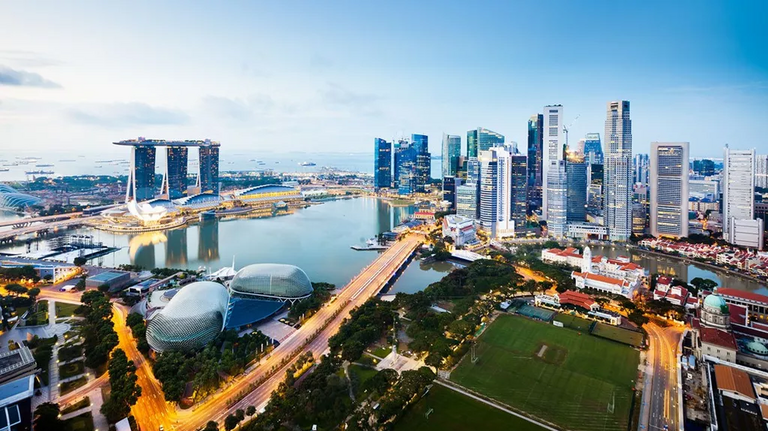Analyses & Studies
How Innovation Is Changing Sustainable Fashion for the Better

"To further sustainability in fashion, we must remain optimistic," encourages Kering's Chief Sustainability Officer, Marie-Claire Daveu, in her opening remarks at March 16th's Fashion Our Future event in downtown Manhattan.
Positive advancements in the sustainable fashion space can take many shapes and forms—from technological improvements to tightened legislation to social impact. For Hassan Pierre, Co-Founder of Maison De Mode, giving sustainable designers visibility in the luxury space was as straightforward as placing them together under one digital roof. The ethical-only global-e-commerce retailer was a pioneer, developing an online platform and spotlight to showcase responsible designers in the luxury fashion-sphere. "If we could put [responsible fashion designers] together under one umbrella, we could move this entire [sustainability] conversation forward and prove sustainability is actually luxury," says Pierre.
More visibility was a critical touch point of the morning's conversation on eco-optimism in the fashion industry, moderated by author, investigative reporter, and retail analyst Hirtha Herzog. "When my 77-year-old mother can tell me about the supply chain, you know it's come to the forefront," she quips.
Addressing supply chain and inventory issues via product digitization or digital ID(opens in new tab) is how entrepreneur and EON founder Natasha Franck sees fashion moving towards a more circular lifecycle. "End-to-end business processes (from where and how products are made to how they're recycled) require data and intelligence," explains Franck. "Right now, we don't even have so much as a bar code for the circular economy," she says.
While technology can offer a road map for the industry, Abrima Erwiah, Co-founder of Studio 189 and Director of the Gromek Institute at Parsons, also stressed the importance of investing in the people behind the products. "[Pushing the conversation forward] is about reconnecting the dots and building equity across the entire ecosystem," says Erwiah, who works with women, children, and their respective communities throughout Africa through her organization Fashion Rising. "People matter," she says.
While people over profits is paramount, especially as the adverse ripple effects of irresponsible manufacturing are felt predominately by marginalized communities—it's fact that monetization is one of the biggest motivators for big businesses. "How do you communicate [this idea] to companies of a larger level?" asks Herzog. "It's about leverage points," explains Franck. "It's not about an and, or when it comes to sustainability or profitability," she says. With innovation, like digital ID, "sustainability and profitability can work together," keeping production responsible and more profitable through a product's lifecycle.

"Creating education for the consumer is also important," explains Pierre. "That means creating thoughtful spaces in which they can make informed decisions about their purchases," he says.
Another monumental step towards a better future for fashion? Legislation—from policy to healthcare to infrastructure. "We might call them fair or working wages, but if that currency is depreciated [in their country], people can't even buy milk," explains Abrima. "For real change to happen—for sustainability to happen—we have to give people [the tools and resources] to do things themselves," she says.
"So can we be optimistic about a changing status quo?" asks Herzog."Everyone's doing their part within change," explains Franck. "There are currently some exciting initiatives, from consumers to the media to the supply chain. Everyone is biting off a piece of the wheel to drive the conversation forward."
SOURCE : Marie Claire


